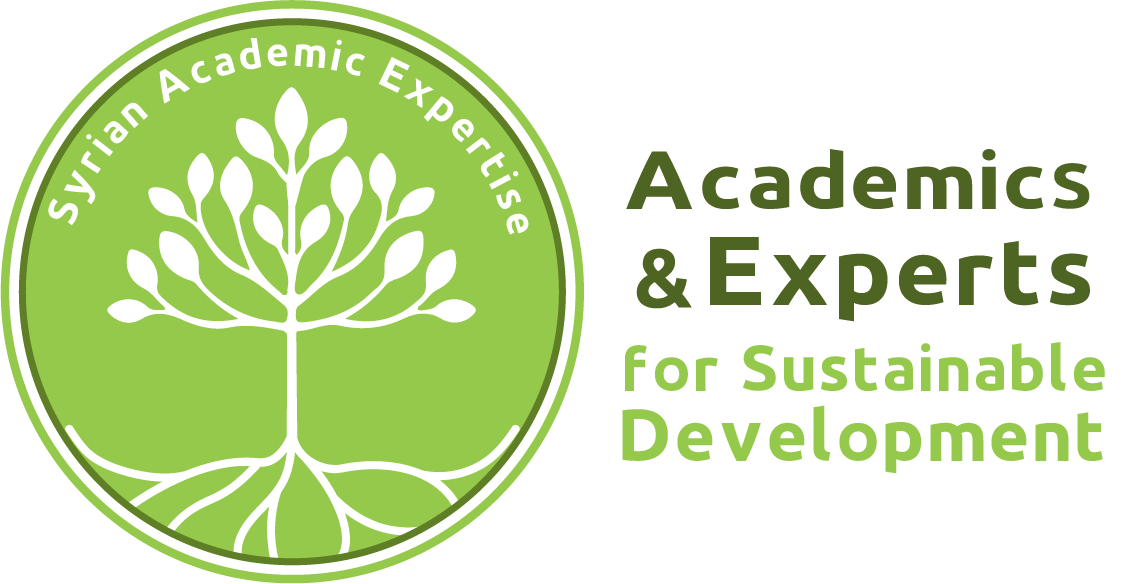Covid-19 and displaced Syrians’ livelihoods along the Turkey-Syria border
“We survive from one day to the next”, Um Khaled explained when we interviewed her in her living room in the old city centre of Gaziantep, southern Turkey, at the end of last year.
Originally from the Palmyra region in central Syria, Um Khaled* and her husband have a background in farming. They now live with their five children in a big city, but most of their income still comes from work in agriculture and food production.
Occasionally, her sons find employment as day workers on a farm half an hour’s drive away from Gaziantep. One quarter of their daily salary of 40 Turkish Lira (approx. USD 6) goes to the owner of the bus who transports them to the fields. Um Khaled herself took part in short-term agricultural trainings with humanitarian organisations, but her lack of Turkish language skills prevented her from finding a more permanent job. These days, some extra money from home-based catering complements her pay from doing shifts in a nursing home.
While many Syrian refugees have been stuck in exile, often for almost a decade, their income is more mobile: it crosses borders through informal channels, and represents a lifeline to loved ones elsewhere, especially inside Syria.
